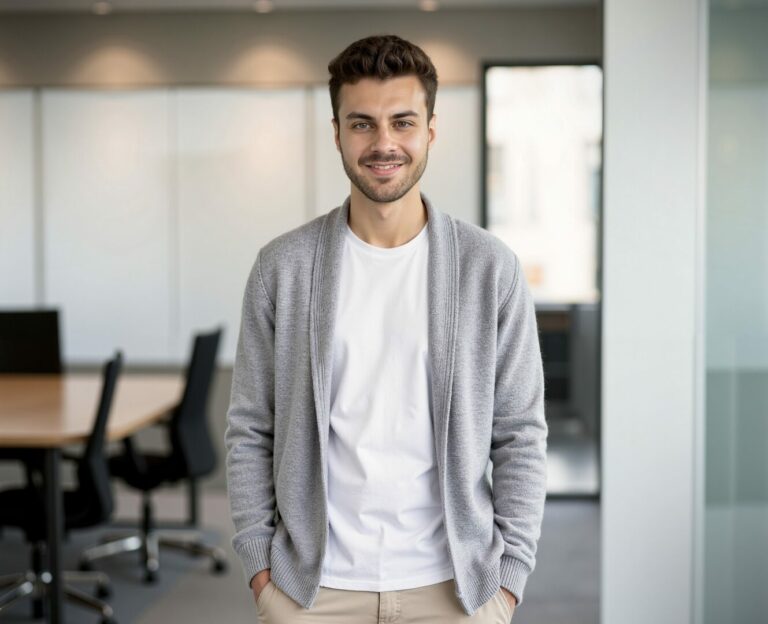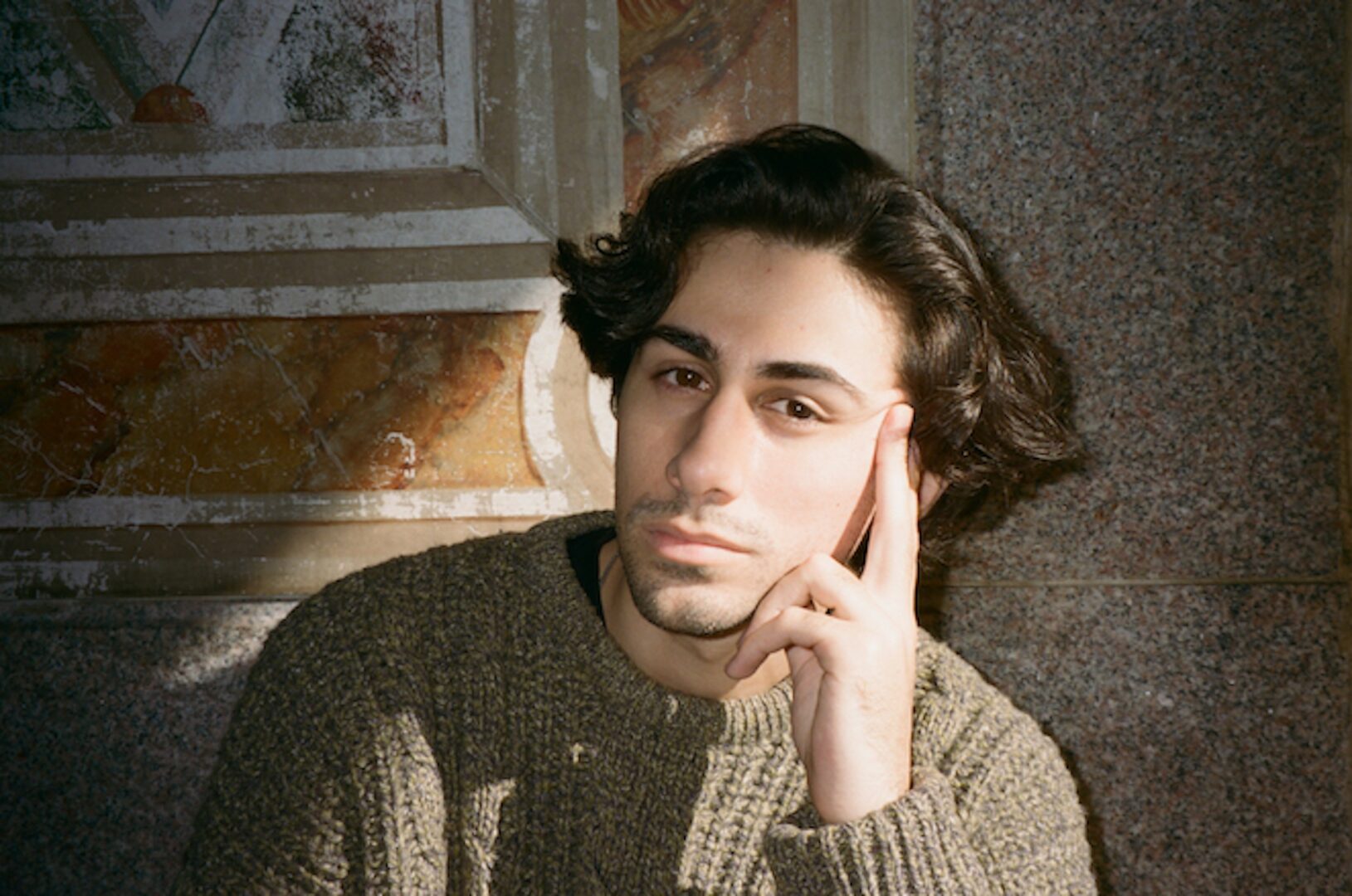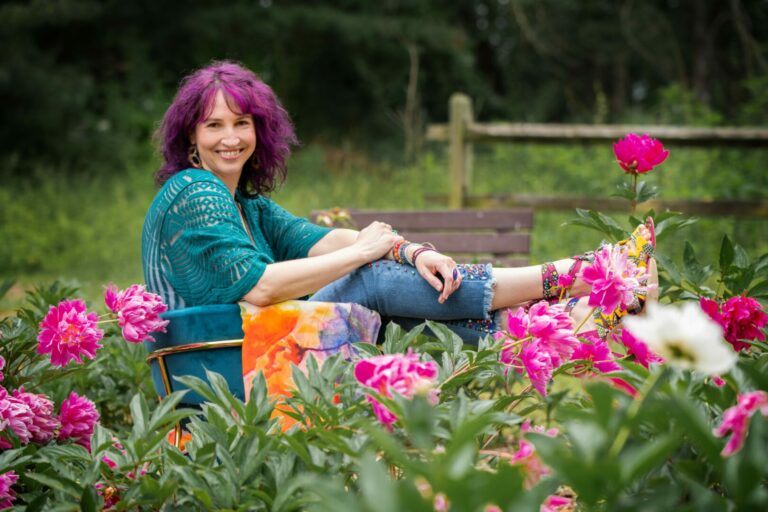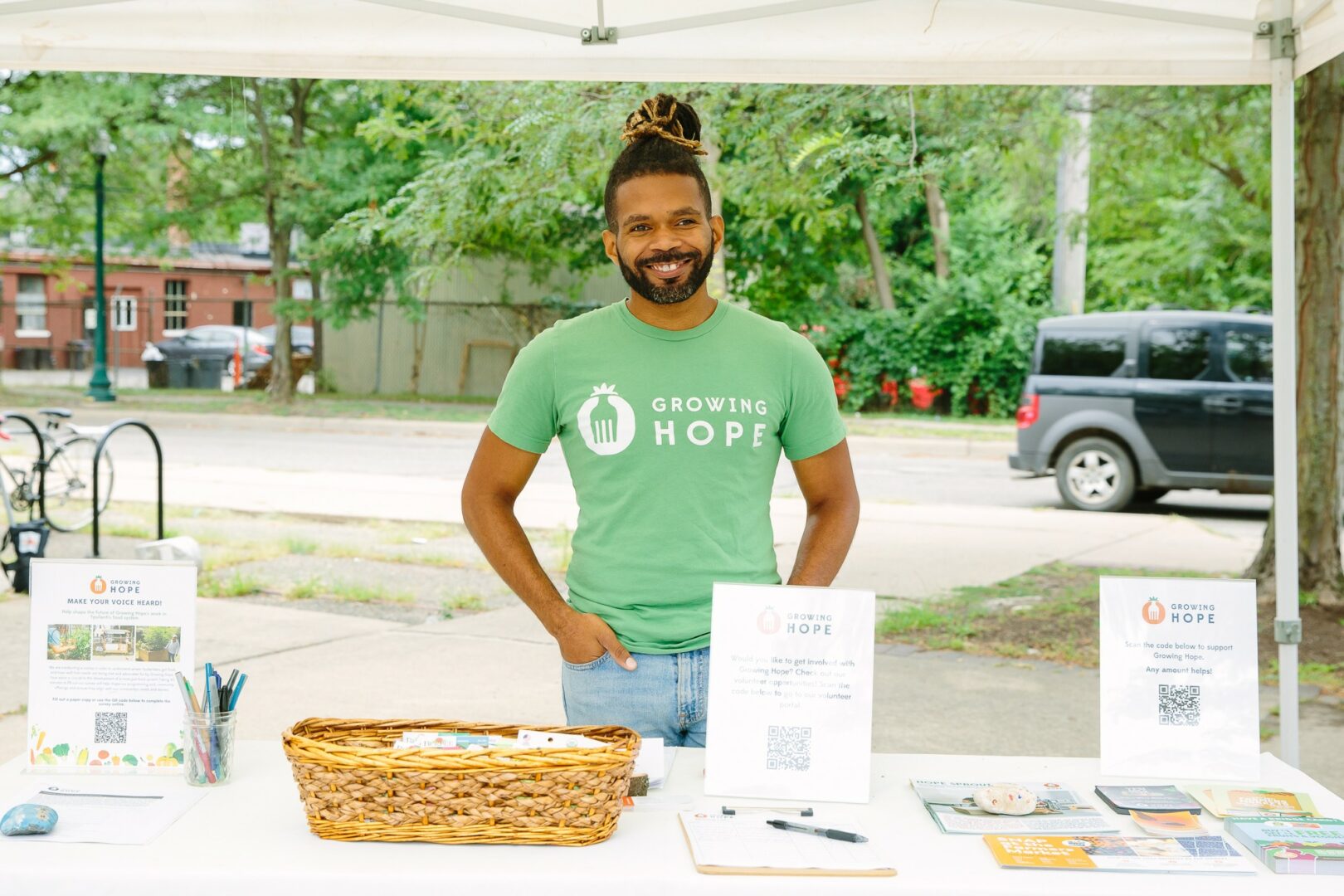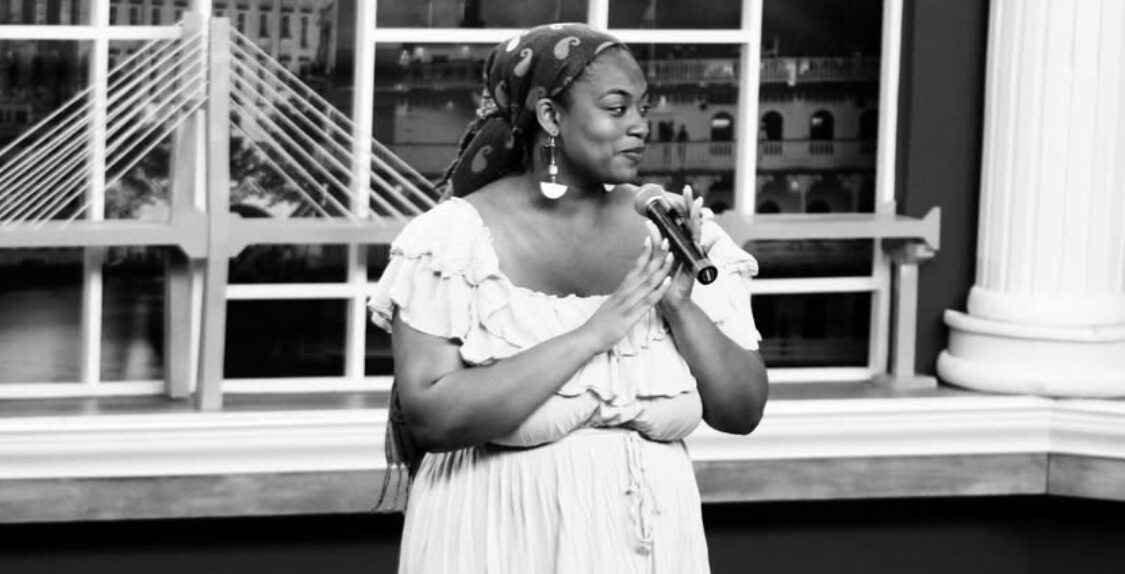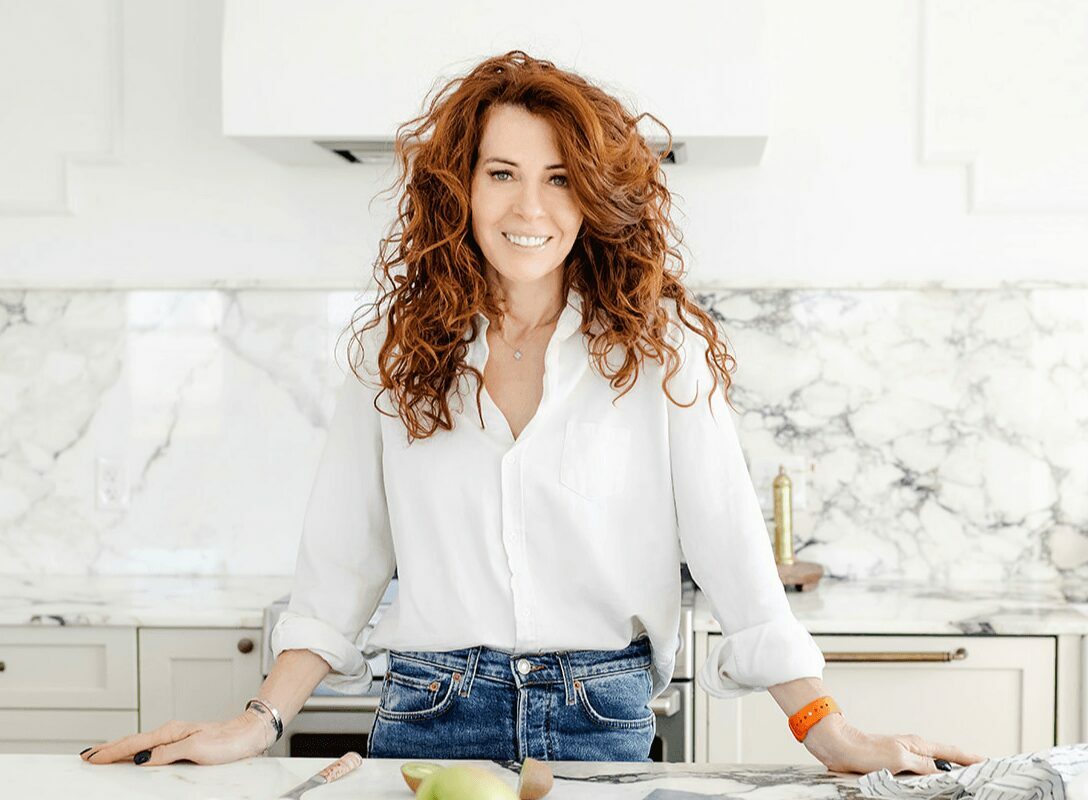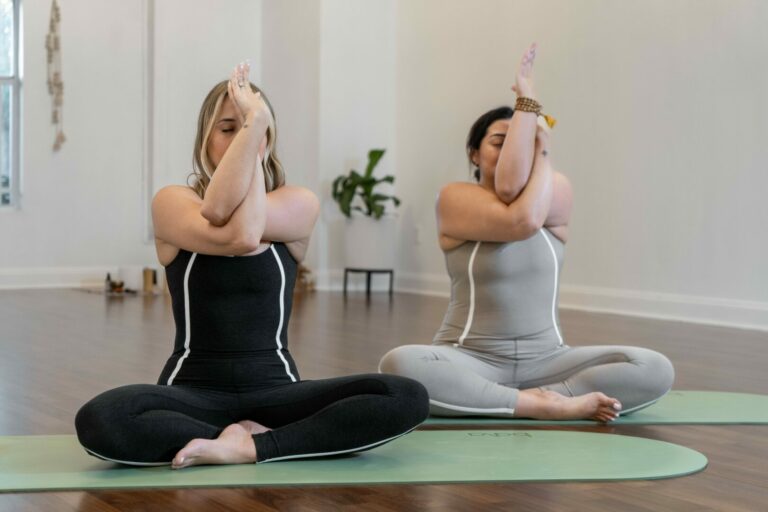Risk-taking is at the heart of making a difference, but often we’ve been conditioned to avoid risk as much as possible. So, we asked some successful risk-takers to talk to us about how they developed their comfort with taking risk.
Allison Shea Reed
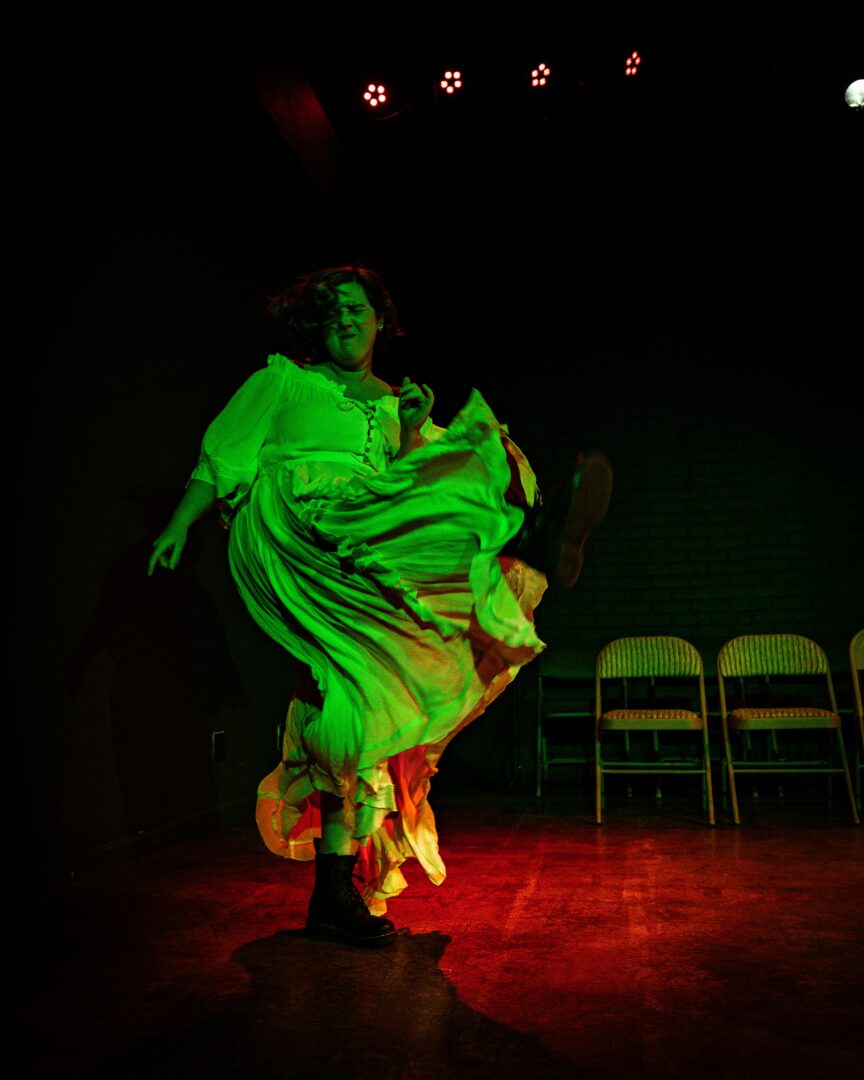
The first real risk I took as an artist that felt genuinely scary was completely by accident. After a frustrating conversation with a friend, who I realized had no understanding of the mental disorder I faced daily, I rage-wrote a play about my experience with Obsessive-Compulsive disorder. I created a character that was the personalized version of my OCD, to try and help someone who is outside of my head to understand what I experience every single day. I then decided (without really thinking about the implications of it) to submit that play to festivals and when it got into the New York Read More>>
Donald Cassel
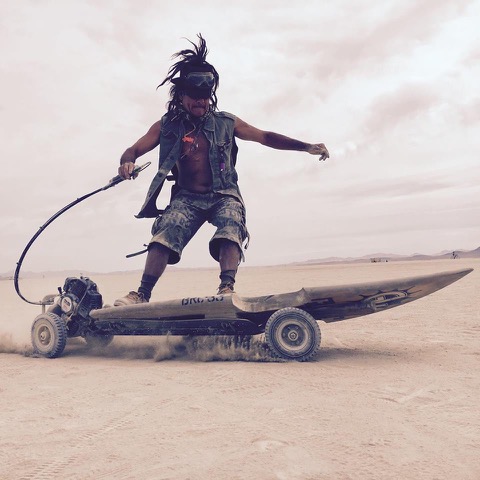
Probably inherited part from my Manchurian Mom who had a Go-For-It attitude. I believe risk taking is an enterpreneur requirement if you have a big vision. You have to just push ahead if you believe in something and be willing to pivot at the right time as you see how things are progressing. As the saying goes bigger the risk the bigger the reward but that also means you must play smarter and reduce chances of failure at ever corner. Failure is your teacher and a preequisite towards big success. I have learned to become a risk taker at most things I do and have the scars and stories to prove it with no real regrets. Read More>>
Sara Englishbee
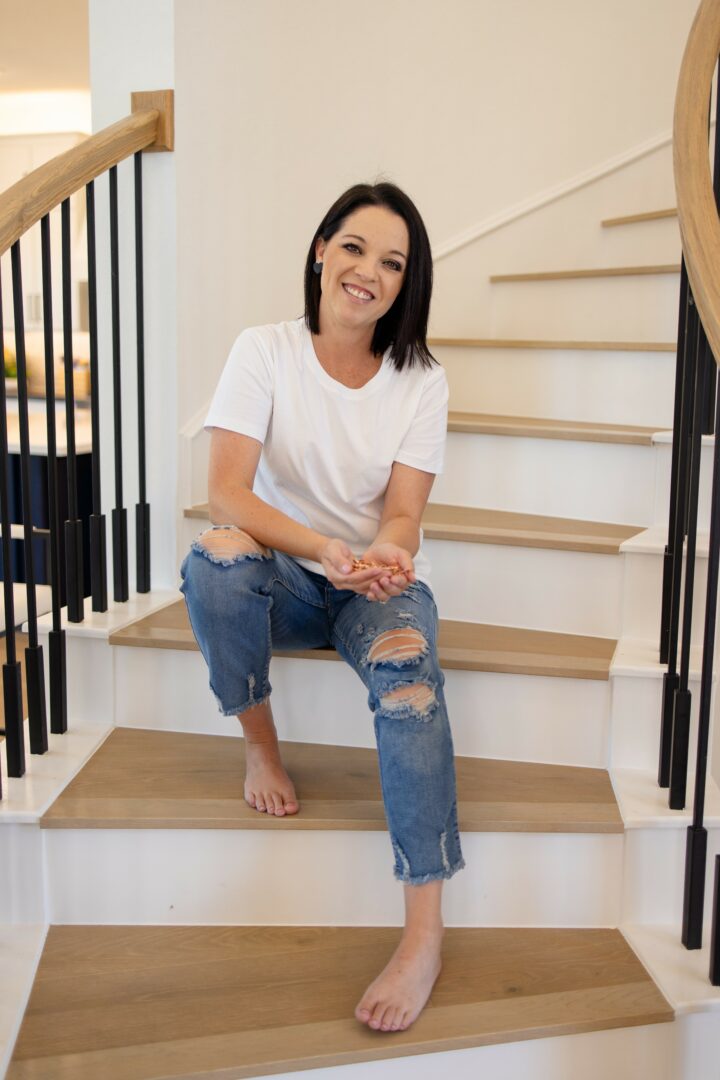
I’ve always believed that without risk, there’s no reward. It’s easy to stay in your comfort zone, but the real growth—and real fulfillment—comes when you take a leap, even when it’s scary. I’ve learned that if you have vision, determination, and grit, you can achieve anything you set your mind to. Read More>>
Lilia Doytchinova
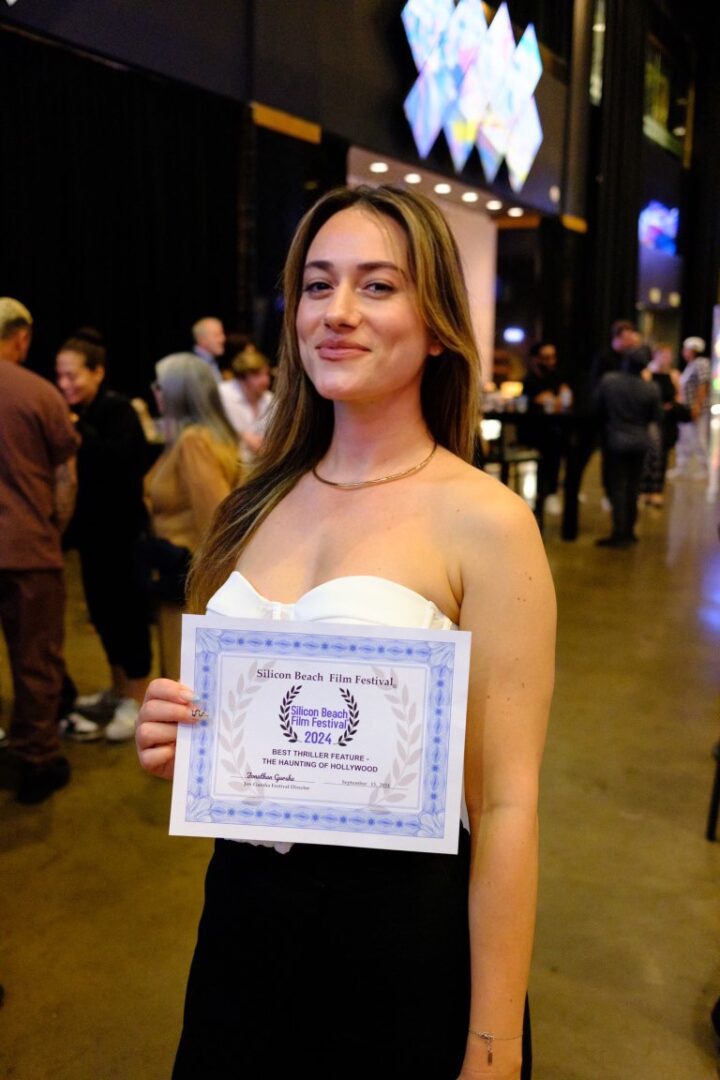
For me, taking risks has never felt optional — it’s been a way of surviving and staying true to myself. I grew up in Bulgaria and moved to the U.S. alone when I was 17. I didn’t know anyone, my family stayed behind, and English wasn’t even my first language. But I knew if I wanted to build the life I dreamed of — in theater, film, and storytelling — I’d have to risk leaving everything I knew behind. Read More>>
Cifei He
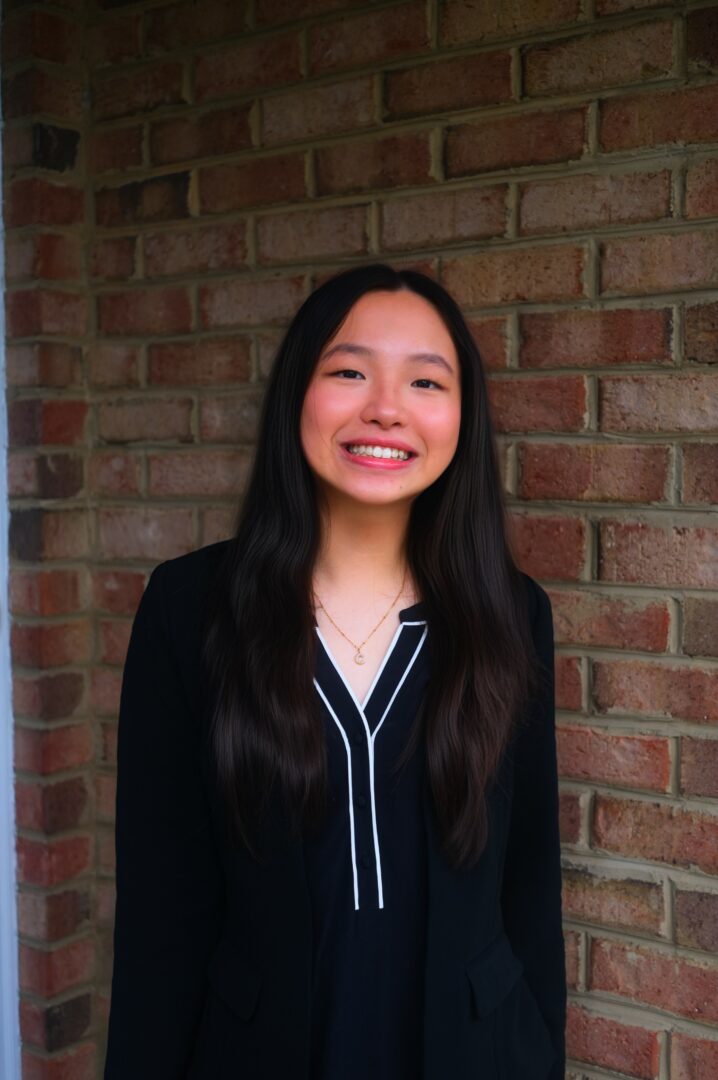
In the early stages of forming my team, I launched PinkGap’s first in-person program — with no external funding and just two weeks to prepare. At first, I wanted to say no. The risks felt too great. If the event failed, we risked losing the trust of our partners, and I worried it might hurt my credibility as a young founder. But I also knew that if it succeeded, it could bring our mission to a much larger audience. Read More>>
Sarah Schlievert
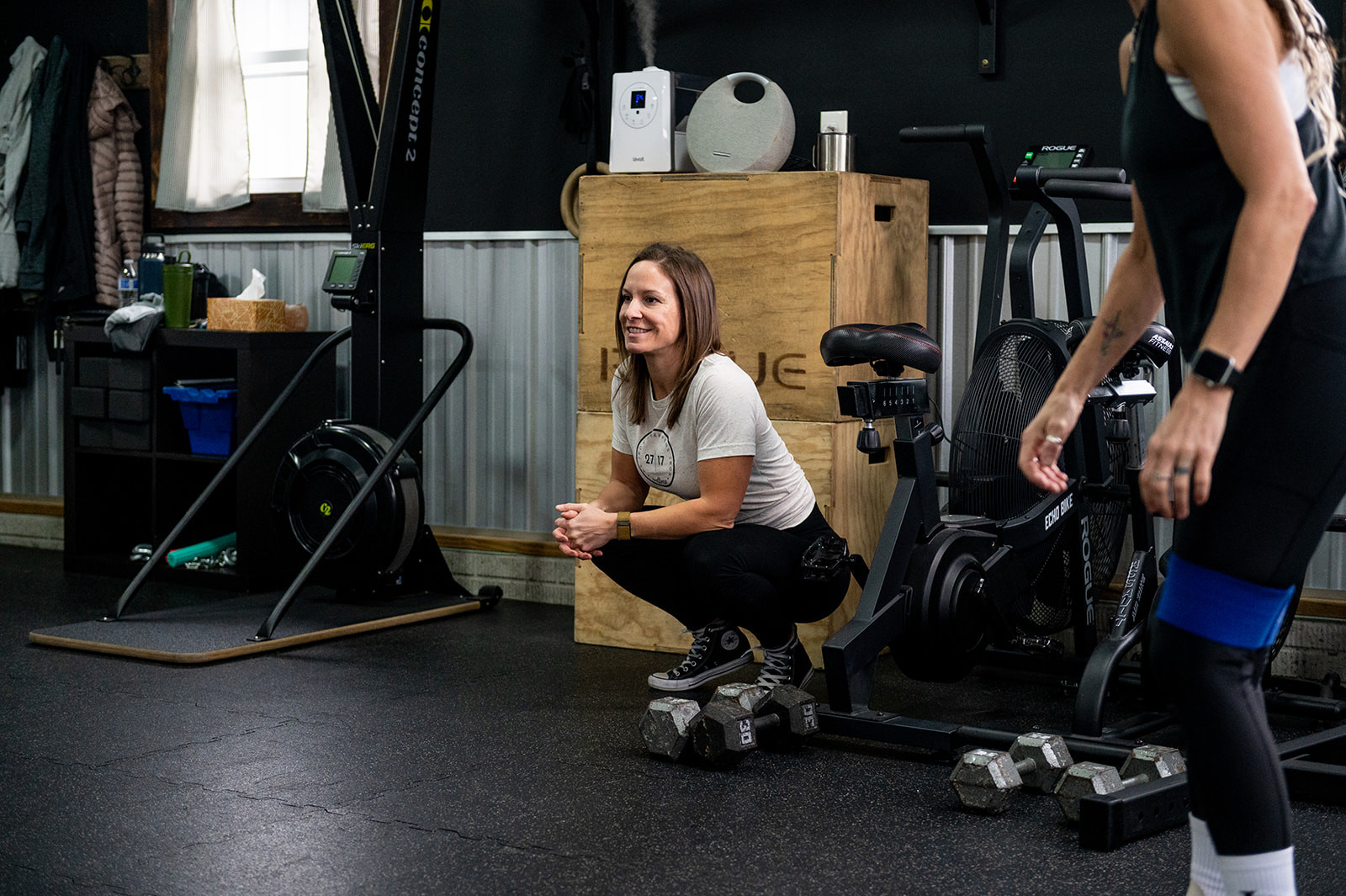
I’ve seen the effects of settling for what’s comfortable in the moment. I’ve seen how limiting it can be. How it slowly erodes a person’s health, their relationships, their sense of fulfillment. Watching that unfold around me made me demand more of my life. Read More>>
Anna Wright
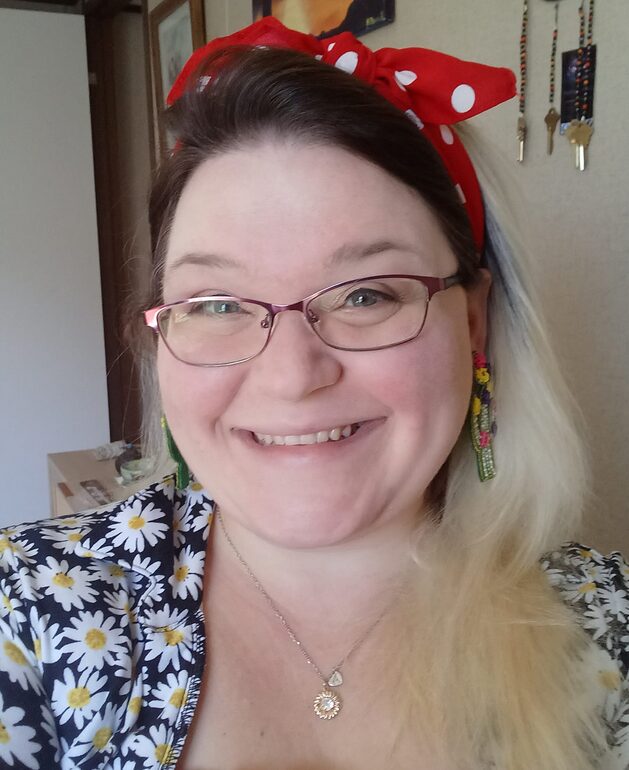
My ability to take risks came from seeing people stuck in similar situations or with questions that were holding them back. It was no longer just about coming to terms with the things that I was experiencing. I did not have someone to guide me through my visions, my awakening. Quite the opposite! I didn’t want to be afraid my entire life, so instead of asking and searching for someone to help me and possibly be labeled negatively, I leaned into my gifts and began asking questions and observing the surrounding spirits. Read More>>
Aleks Arsin
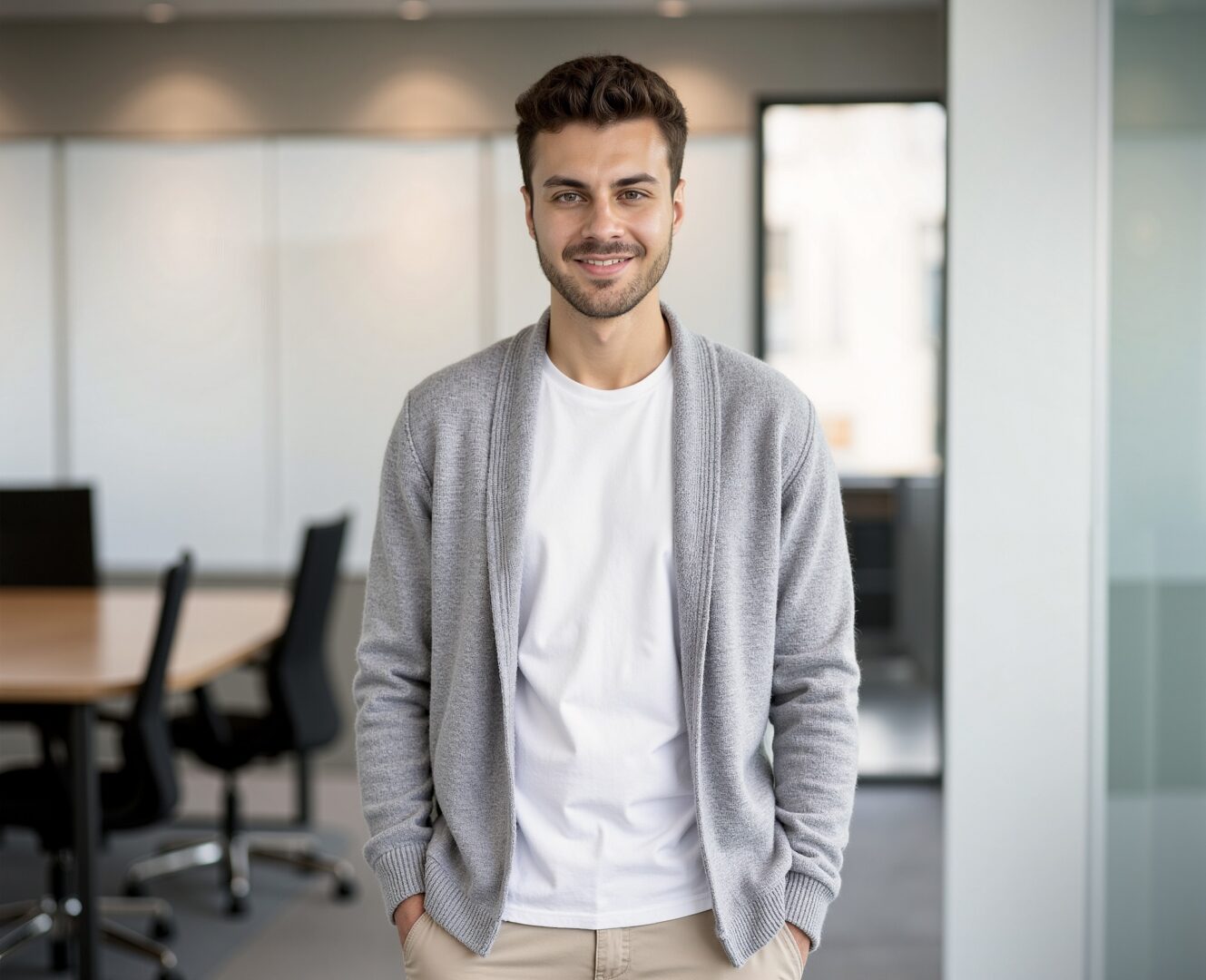
People have told me they consider me a risk-taker. They point to my decision to move from Austria to the United States on my own at 22, or my pursuit of a career in film without a clear safety net. To me, it never felt like taking a risk. It felt necessary. I had a dream, and I followed it. I did not have much to lose, and I knew I wanted more for myself. Read More>>
Shane Lara
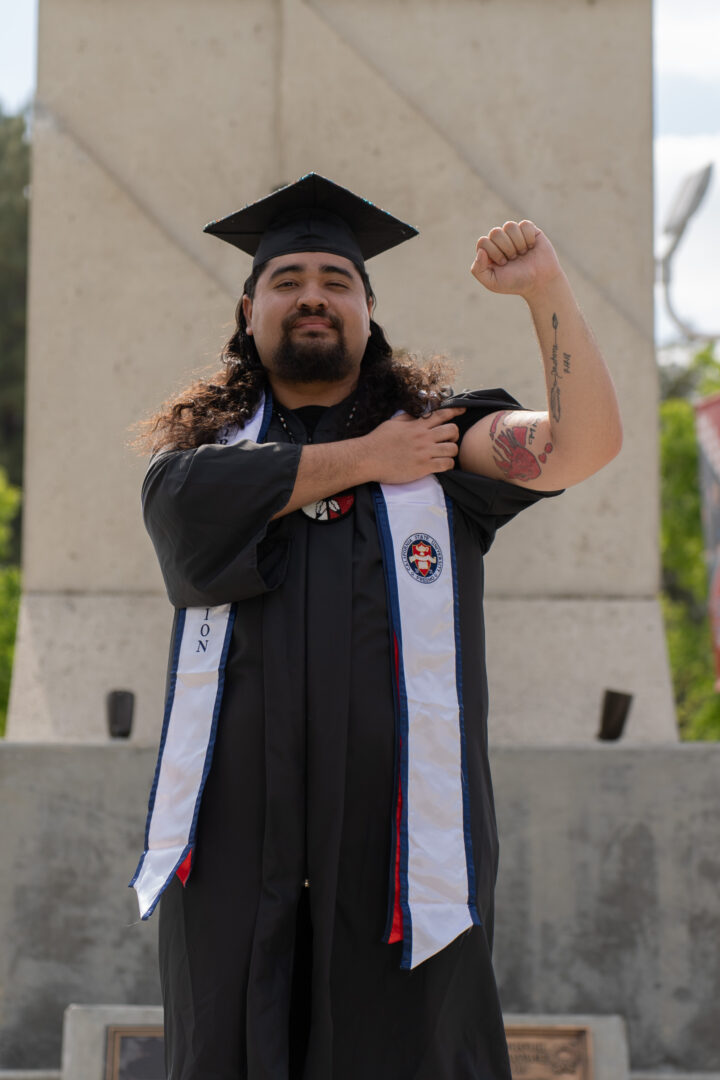
I began taking healthy risks when I realized that failure isn’t something you need to be afraid of. We frame failure like it is the end of the world instead of a learning experience. Yes we may fail but we will live to fight another day. When I first started rapping or doing slam poetry I wasn’t some expert or master writer. I had to put out music or perform poems that had a lot of room for improvement in order to grow. If I never put out my work to recieve constructive criticism I would have never gotten to the level I am at now. Read More>>
Ari Espada
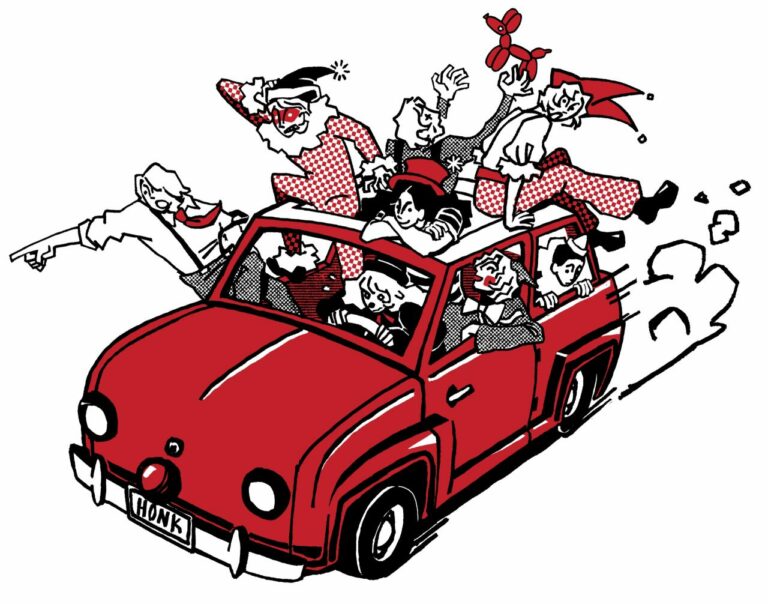
For a long time I was definitely a very quiet and reserved person. There’s a lot of reasons why but I think it can basically be summed up as having a lot of bad experiences and letting that shape my perspective in a negative way. It was easier to be closed off from everyone than to let myself be vulnerable. I stopped really trying anything new and life became sort of stagnant. Doing this got me through the day- but I wasn’t happy. Read More>>
Jonathan Lee McElhenny
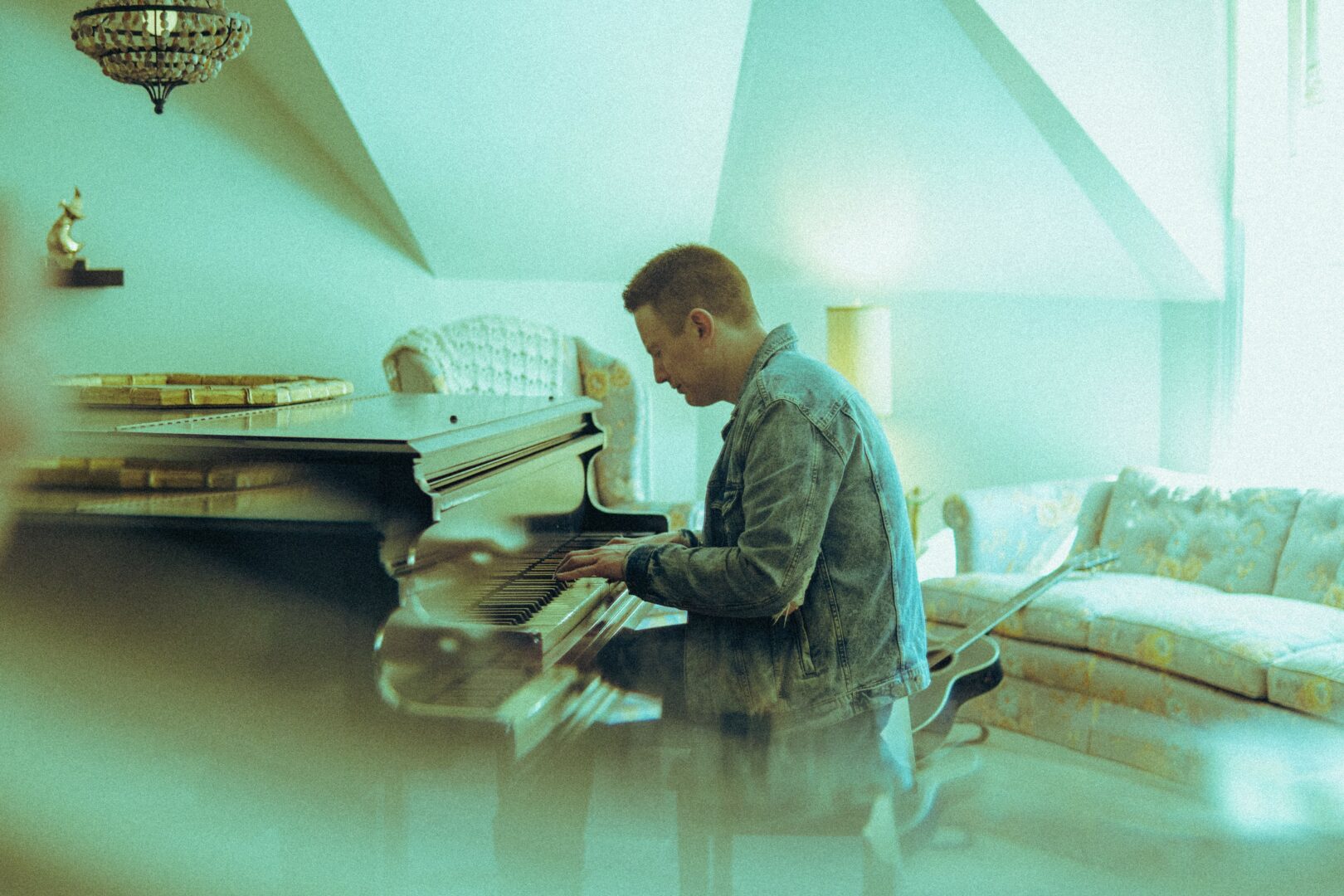
My family and I just took a huge risk—a step of faith, really. I’m in a band called *The Band Table*, but I’ve also been pastoring at a church for the past eight years. Pastoring has been my primary source of income.
In March of 2022, I went to a songwriter’s retreat in La Porte, Indiana. To give context, I used to be a full-time professional songwriter in Nashville. I wrote for the Christian music industry. But my wife and I decided to make a change and followed a calling into pastoral ministry. That eventually led us to leave Nashville and move to Cedar Rapids, Iowa. Read More>>

